Elon Musk’s Strategic Position in U.S.-China Relations
Elon Musk’s relationships with U.S. and Chinese leaders position him strategically amidst escalating U.S.-China trade tensions. His support for Trump and close ties to Chinese officials, particularly those governing the electric vehicle sector, bolster Tesla’s operations in China, raising prospects for favorable negotiations on tariffs and trade concessions amid geopolitical strife.
In recent years, Elon Musk has solidified his position as a central figure in the intricate relationship between the United States and China, navigating a complex web of political ties that involve both the current U.S. administration and Chinese leadership. As the CEO of Tesla and SpaceX, Musk has leveraged his alliances to bolster Tesla’s operations in China, where significant investments and production capabilities are vital to the company’s success. His growing influence positions him as a potential intermediary between competing interests, particularly in light of rising geopolitical tensions and the threat of increased tariffs under a Trump presidency.
Historically, Musk’s ties to political leaders were once directed toward Joe Biden, but changing dynamics have prompted him to realign with Donald Trump, whom he has openly supported. This endorsement, along with substantial financial contributions to Trump’s re-election campaign, suggests a strategic shift aimed at securing favorable conditions for Tesla’s operations in China, particularly as Musk has positioned himself favorably within Trump’s inner circle.
China’s leadership, particularly with officials like Premier Li Qiang, has developed a strong rapport with Musk, who has made multiple trips to the country and benefited from favorable economic terms, including low-interest loans for factory construction and advantageous tax rates. The Shanghai factory, which has become Tesla’s most productive site, showcases the company’s central role within China’s priority sectors of electric vehicles, renewable energy, and advanced battery technologies.
The looming trade conflicts, underscored by Trump’s indications of imposing tariffs, present potential challenges not only for Tesla but for the broader U.S.-China economic landscape. The intricate dependencies within the electric vehicle supply chain, especially concerning battery sourcing from China, expose potential vulnerabilities in Tesla’s strategy amid escalating tensions.
According to market analysts, Musk’s close alliance with Trump could foster negotiations that benefit Tesla amidst a climate of protectionist policies. Adaptations to tariff structures or the establishment of exemptions for Tesla products could materialize through Musk’s diplomatic engagement, possibly mitigating the extremes of the ongoing trade war and allowing the company to maintain its competitive edge within China’s critical automotive market.
The relationship between the United States and China has been marred by trade wars and geopolitical strife, particularly since the onset of tariffs initiated by former President Trump. As tensions continue to escalate, influential figures, such as Elon Musk, navigate these waters, seeking to balance corporate interests with political dynamics. Musk’s unique proximity to both U.S. and Chinese leadership offers him a rare opportunity to potentially influence outcomes that affect Tesla’s operations, especially as the company continues to invest heavily in China, a pivotal market for electric vehicle production and sales. Tesla’s recent ventures into China, including investments in manufacturing facilities tailored to the national focus on electric vehicles and green technologies, underscore the company’s commitment to engaging with one of the world’s largest automotive markets. The intricate dependencies that Tesla has on Chinese supply chains, particularly concerning critical battery components, raise further questions about how geopolitical factors will influence business operations.
In conclusion, Elon Musk’s strategic relationships with both Donald Trump and Xi Jinping position him as a key player in navigating the complex landscape of U.S.-China relations. His ventures into China and vocal support for its government enhance Tesla’s standing in a market that is crucial for its future. As trade tensions simmer, Musk’s potential ability to negotiate exemptions from tariffs and safeguard Tesla’s interests may play a critical role in shaping the company’s prospects in a rapidly evolving global economy.
Original Source: www.theguardian.com
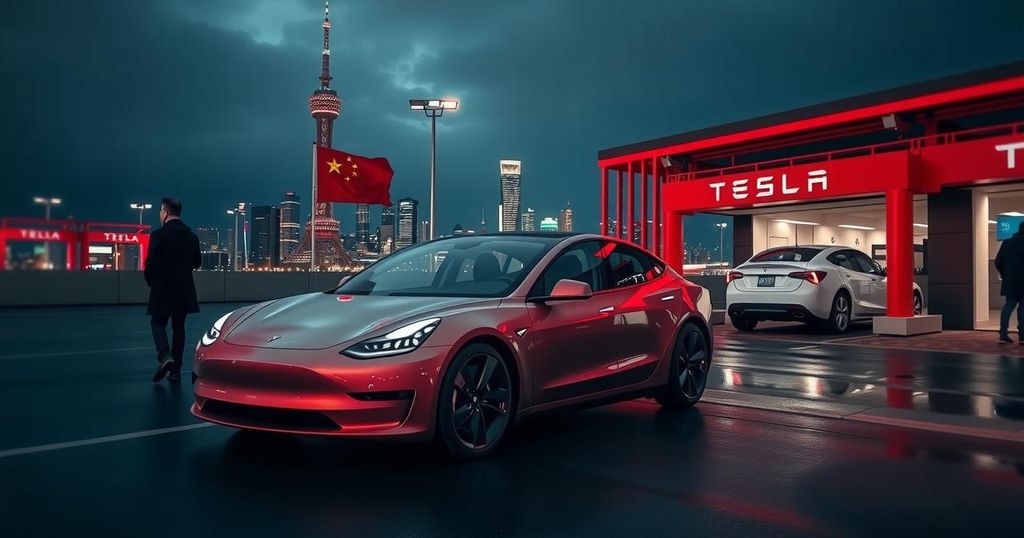
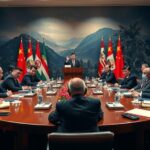


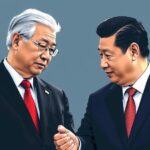
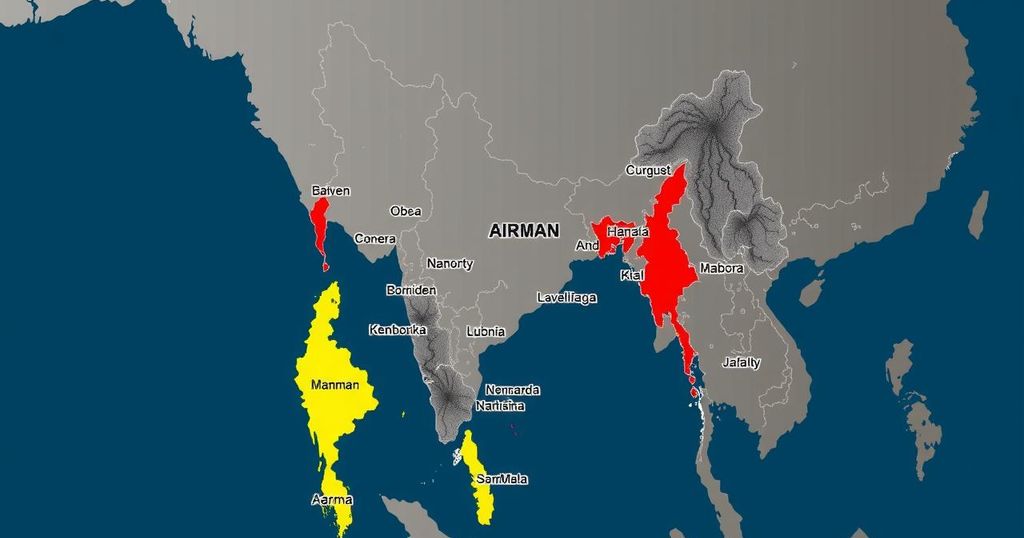
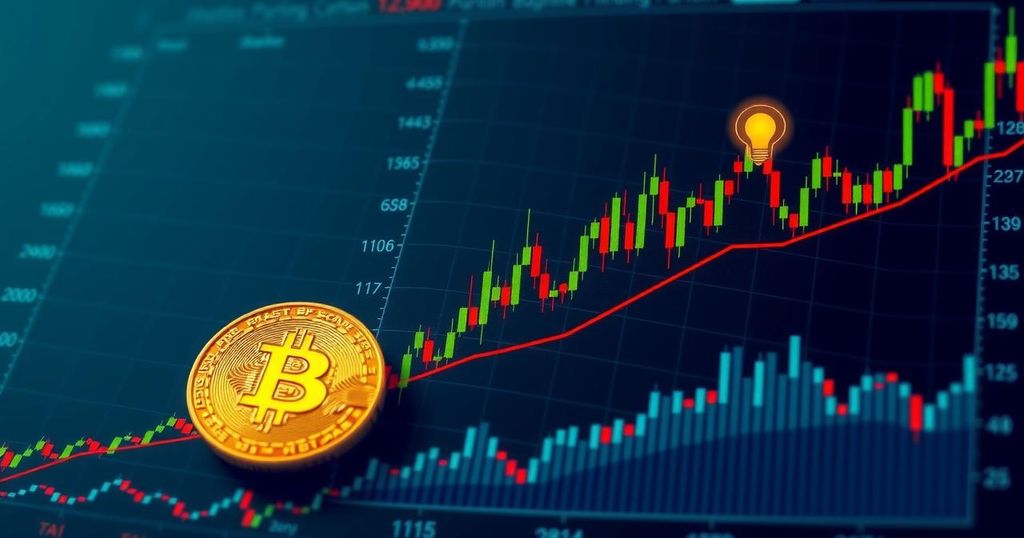

Post Comment